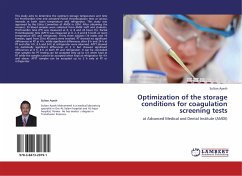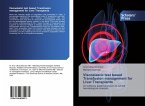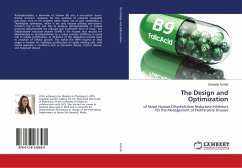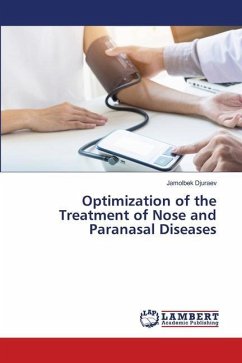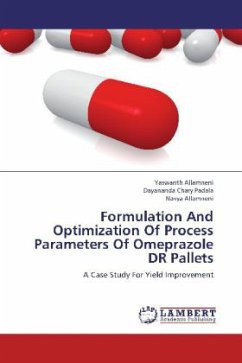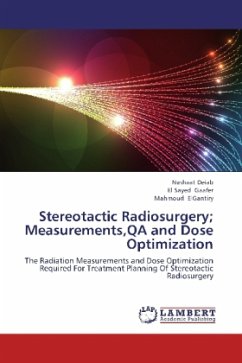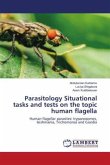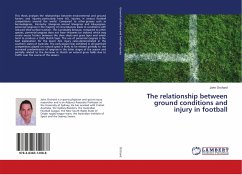This study aims to determine the optimum storage temperature and time for Prothrombin time and activated Partial thromboplastin time at various intervals at both room temperature and refrigerator. This study was approved by the Ethics Committee of AMDI in USM. After obtaining the consent, 33 blood samples were collected from AMDI staff and students. Prothrombin time (PT) was measured at 0, 4, 8 and 24 hours (h). Partial thromboplastin time (APTT) was measured at 0, 2, 6 and 8 h both at room temperature (RT) and refrigerator. Thirty three subjects (14 males and 19 females, aged from 20 to 40 years) were involved. PT showed no significant differences at RT at 4 h, while significant differences after 8 h and 24 h at RT and after 4 h, 8 h and 24 h at refrigerator were observed. APTT showed no statistically significant differences at 2 h but showed significant differences at 6 h, 8 h at both RT and refrigerator. It can be concluded that samples for PT testing can be accepted only up to 4 h when kept at RT while the samples cannot be accepted when kept at refrigerator for 4 h and above. APTT samples can be accepted up to 2 h only at RT or refrigerator.

